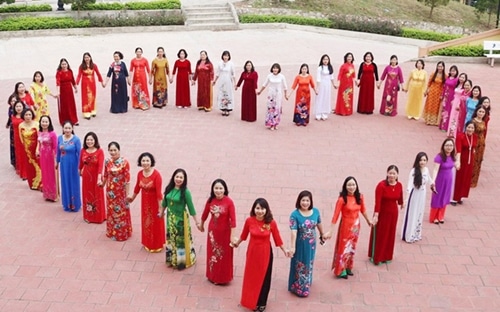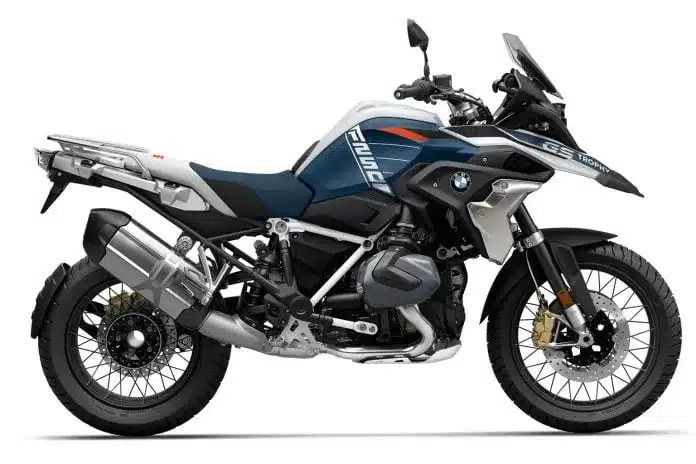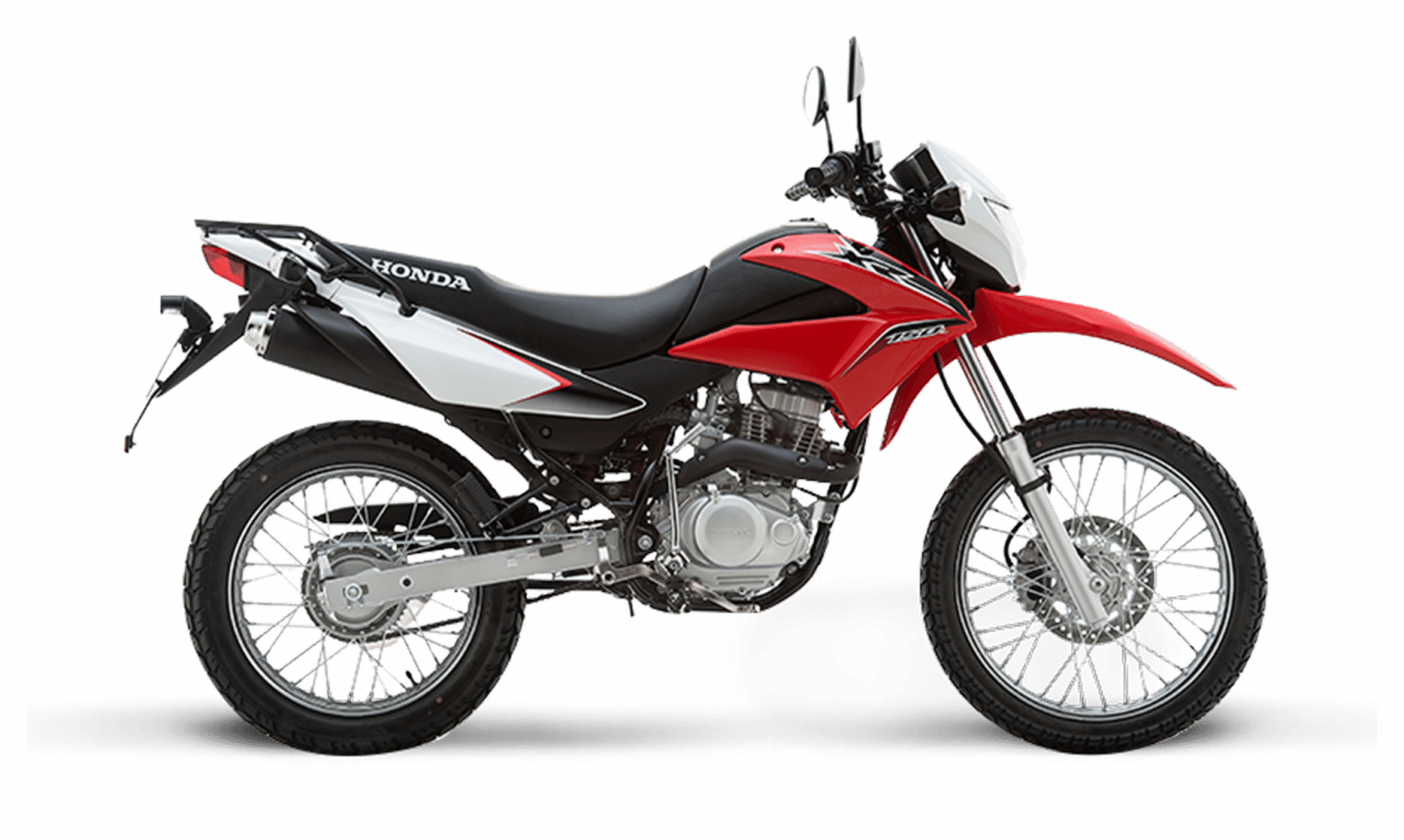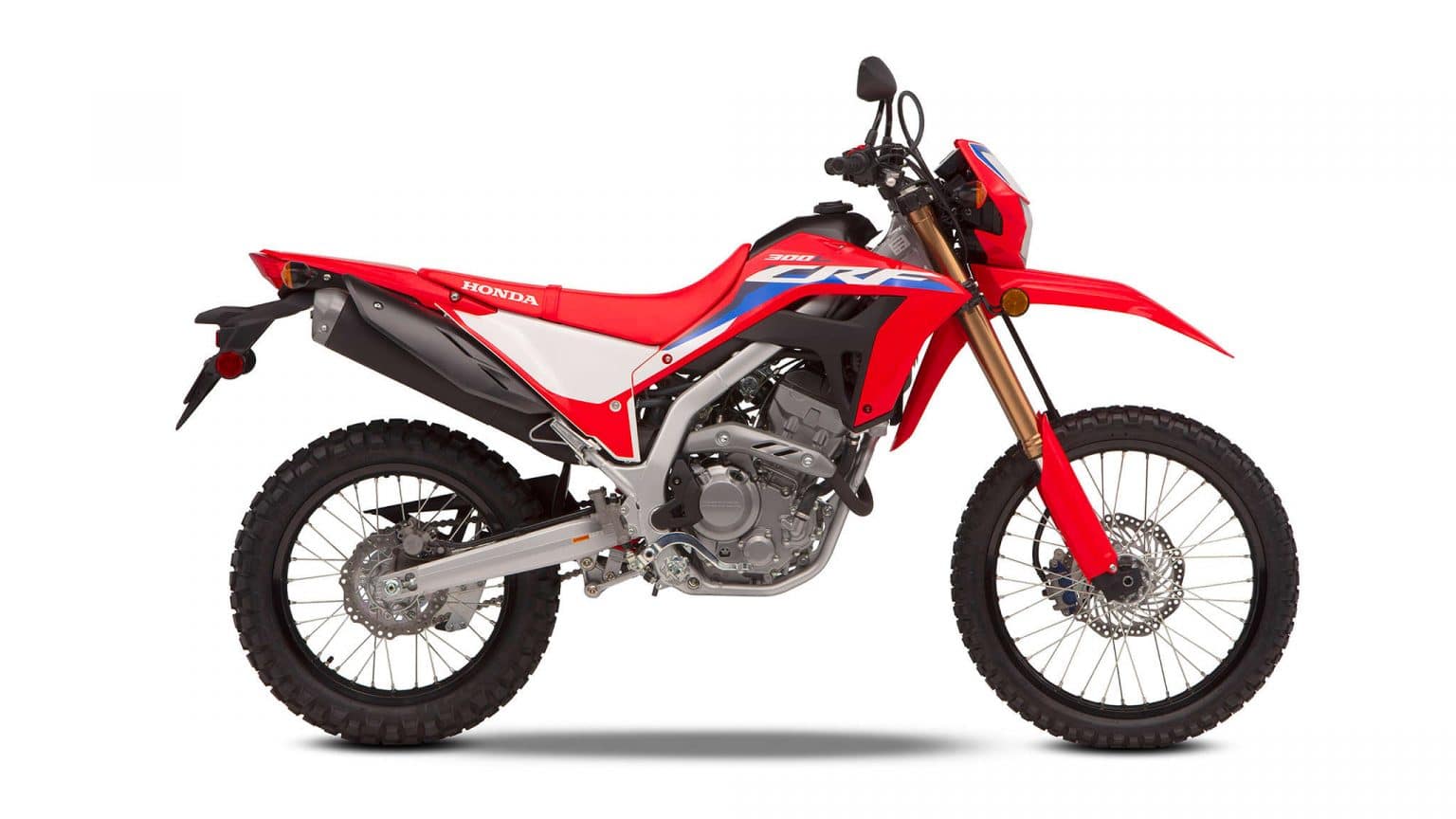Vietnamese Culture
Every nation has its own particular quirks when it comes to culture, but few regions (SE Asia) or countries have quite as many idiosyncrasies as Vietnam. Do you know what you have to do before entering a Vietnamese home? Or, what you should do if someone makes a mistake? Here are the answers and just a few more cultural norms to try and get your head around before you arrive in town.
1. Losing face is a No No, for everyone.
Let’s just get real. Losing face is being wrong. No one wants to be wrong and it is uncomfortable to admit that a mistake has been made. Therefore, even when everyone knows what has gone wrong and who has screwed up, the issue will often be glossed over. There will be no need for an apology or admission of guilt and people will carry on as if nothing has happened. This is a clear indication that you are in a safe environment, with friends or family.
However, when things really go awry, a public apology or even a self criticism may be called for or forced upon an offender. The effect is that this is a much more potent punishment as people are unaccustomed to doing this.

2. Teachers (and Nerds) are held in high esteem.
Education is seen as the key to success and a way out of poverty. The job market is extremely competitive and only the smartest students get the primo jobs. This, combined with the long term view that is prevalent in the country means that Teachers, who dispense the necessary knowledge, are held in high regard. So, too, are the smart students who are seen to have the highest chance of becoming the leaders of industry and future Fortune 500 CEOs.
Teachers will be listened to and their requests followed (handy if you yourself decide to become a teacher in Vietnam); Nerds will be left to study in peace and not bullied.

3. Showing respect to elders is imperative.
Culturally, experience and wisdom are held in high regard, therefore, the older someone is, the more weight their words and actions carry. The more they must be listened to and followed.
You will be judged on your conduct towards people older than you. In every sphere of daily life you will be expected to be courteous and respectful to anyone older than you, even if it is a few days or months. This hierarchy runs to the very core of society and those that are younger than you will lose respect for you if you do not behave correctly.
Things such as letting older people speak first, make group decisions (even if they are wrong: see #1 above), and inviting them to eat first at the dinner table will be judged. Being rude or impolite in front of elders is also a sure sign of disrespect and is frowned upon.
As we know ‘With great power comes great responsibility.’ So, if you are the elder of the group, use the respect that youngsters have for you well.

4. War History is sacred.
Vietnam has a long and recent history of war. No, it isn’t just the ‘American War’ as it is called here. The battles with the French, Chinese and others have also shaped the country.
Military service is mandatory in Vietnam and it is hard. Therefore, a large proportion of the younger generation understand the hardships involved in training and can imagine what these war veterans went through.
It is not only veterans, who fought to repel enemies that are revered, it is also the mothers of fallen warriors who have lost their children. There are special dispensations handed out to many of these people, such as pensions and housing amongst others. On occasion, local police might ignore a minor infringement of the law on account of their status. Such is the flexibility of the state in its ability to pay homage to those who have suffered for the benefit of their country and people.

5. Prices are commonly discussed
Most, if not all, items in street / wet markets are not labelled with prices, so people tend to openly discuss what was paid for an item. This means that very often people will ask how much you paid for something. It isn’t that they are mocking you or trying to see if you got ripped off. Rather, they want to know what the current price of something is, or could be.
This habit is very useful for people and very hard to break.
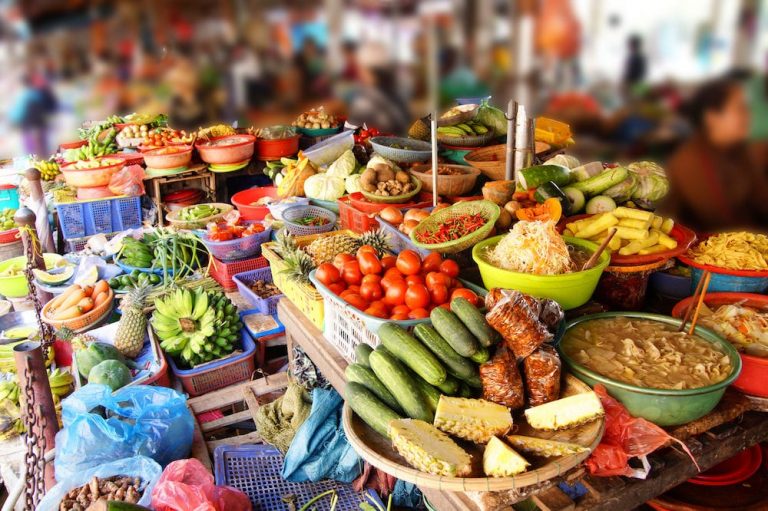
6. Bartering is the norm.
You will encounter this in street markets, with some taxi drivers, in particular motorbike taxis. If you have the time and the energy, you can haggle until the vendor is no longer willing to reduce the price. At that point, you can decide whether or not the price is low enough for you. Remember, just as you are not obliged to purchase, the seller is not obliged to sell unless you both come to agreement.
Another point is that you may see locals getting a lower price than you are ever able to. Don’t think of this as some kind of tax. It is simply a reflection of the fact that the local person is a repeat customer and the seller appreciates the trade and rewards them with a loyalty bonus.
Haggling can be great fun or a great nuisance so either dive in wholeheartedly or avoid it like the plague.
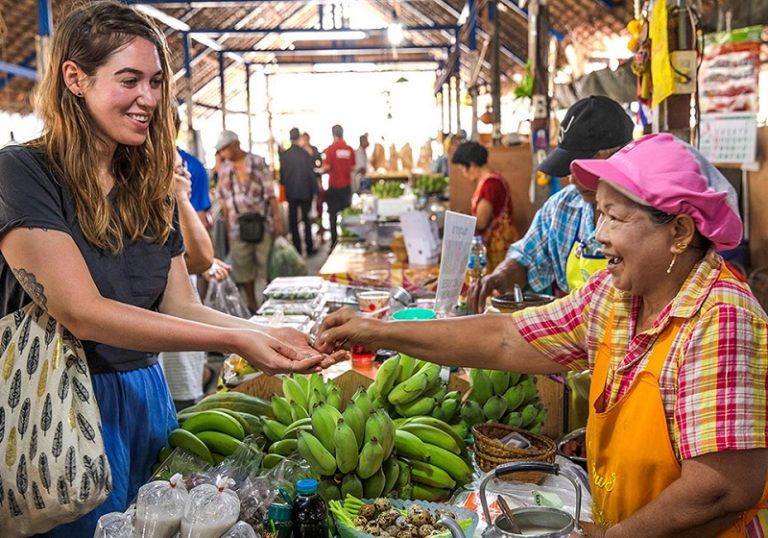
7. Ghosts and Spirits are real
Along with Buddhism, Catholicism and Protestantism there is also a great belief in Animism and Ancestral worship. This results in shrines to the deceased ancestors or the spirits in trees, lakes or other places. Ghosts and spirits are watching our progress and roaming everywhere.
Some Vietnamese, even now, are afraid of swimming as they believe spirits will draw them down into the waters and drown them. Everyone has a tale of, for example, an owl that landed on their house and their grandfather died the same night, or some such.
Don’t make light of these beliefs. It won’t be appreciated and you will never know because nothing will be said to you, only thought about you.
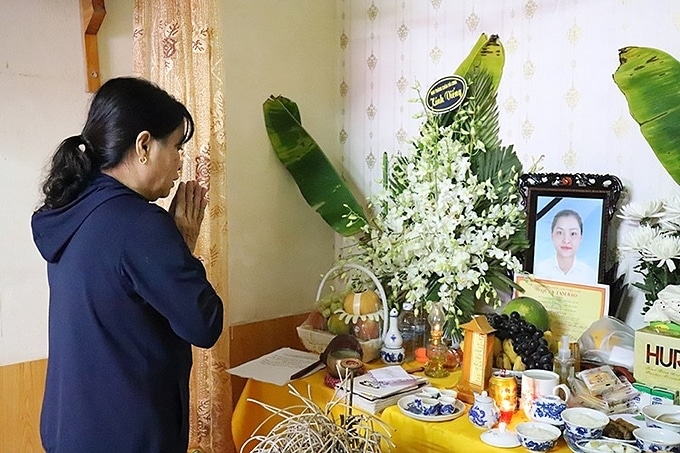
8. Tipping is not ‘a thing’ in Vietnam
There is no expectation for any customer to leave a tip for a service. Yes, of course, taxi drivers are slow to count out change in the hope that you’ll get bored and leave a tip. Waiters and bartenders will happily accept your rounding up to the nearest whole amount or more. But, it is a good idea to be discreet just in case they lose face in that they may feel like they are begging. Generally, there isn’t this expectation and you won’t receive poor service if you do not tip.
In some places, more so in the countryside where there are less foreigners, it will be seen as a mistake or quite strange if you leave your change. Workers who are not used to dealing with foreigners will tell you with urgency that you forgot your money.
Would I say “Don’t tip.”? Not at all. Leave a tip if you feel you have received good service. The chances are that the recipient will make better use of the cash than you.
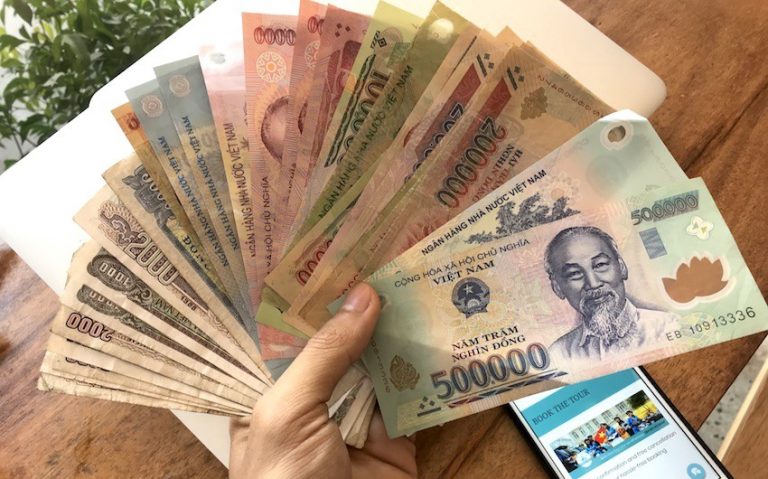
9. Food Culture is a minefield
Where to begin? Well, being a foreigner means you will be forgiven any faux pas. Which part of the chicken to eat, how to toast, whether to invite others to eat, how to accept food being put in your bowl? All of this depends greatly on one’s position in the group and status in society as well as the particular occasion being celebrated.
Luckily, vietnamese food is delicious so what you can do is eat heartily and openly compliment the cuisine and the chef. This will show you are enjoying the meal and the host will be pleased. Along the way, let the locals give you some tips on cultural points for fun and enjoy.
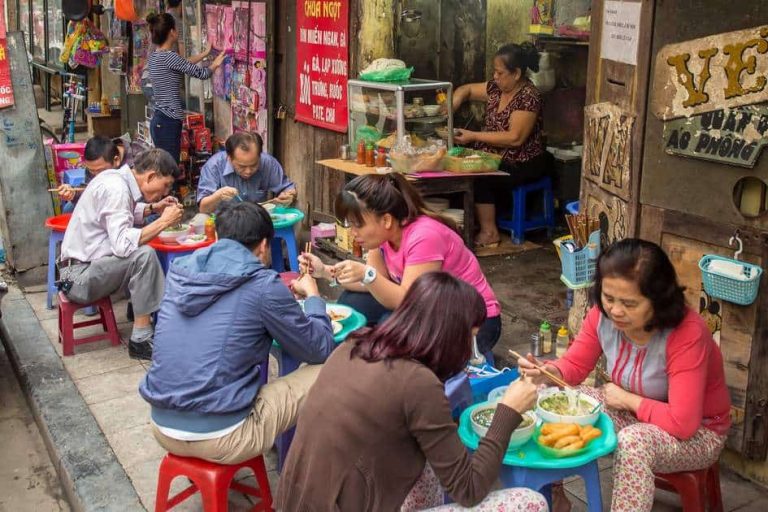
10. Criticise with caution
Everyone knows that no one and nowhere is perfect. Being critical and noting negative things is not the worst thing that you can do. However, the Vietnamese are fiercely patriotic and are often more sensitive to criticism than you may imagine. Topics such as corruption, fraud, pollution and even academic cheating are openly debated by the Vietnamese but, as a foreigner, it would be wise to tread carefully and not be too judgemental. You could come across as a little arrogant and seem like you feel superior.
Remember, a lot can be lost in translation. Point out some issues if you like. Be light-hearted about it and move on. It’s not like they don’t know it already.
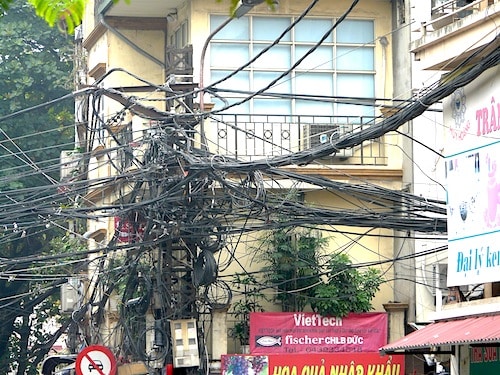
11. One bill will pay them all.
This is sometimes a bit of a tough one. This culture of ‘inviting you’ means that one person will invite another and will expect to pay for everything. They will often pay for the whole group of people. Then, next time it will be another group member’s turn.
This greatly conflicts with our western idea of ‘going Dutch’ and each person paying for their share of the bill. It can be troublesome for staff in bars and restaurants that are not used to this as who will present one bill for the group at the end of the night. Figuring out who had what, who left how much before they left, and what everyone should pay can be a real headache and is totally avoidable in the eyes of a local.
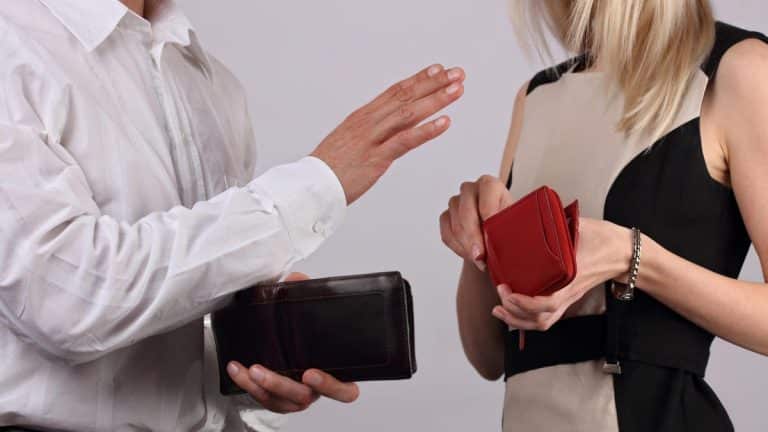
12. Shoes off is a MUST.
You will often see piles of shoes outside the front door of an apartment, in the lobby entrance to a house or outside shops. People here instinctively take their shoes off before entering a home or building because shoes are dirty. The floor is dirty and, therefore, no one wants to ‘walk in’ the dirt from the street.
When you enter someone’s home, they will expect you to take your shoes off. If you do not know and do not do this, they may be reluctant to ask due to your age or your status as a guest or elder etc… but they will be disgusted and you are unlikely to get another invite. Even when someone (who is not wearing shoes) tells you it is fine to keep yours on, remove your shoes for safe measure.
Of course, this means you should have footwear that is easy to remove. The added benefit is that in a tropical country light footwear is often the best option.
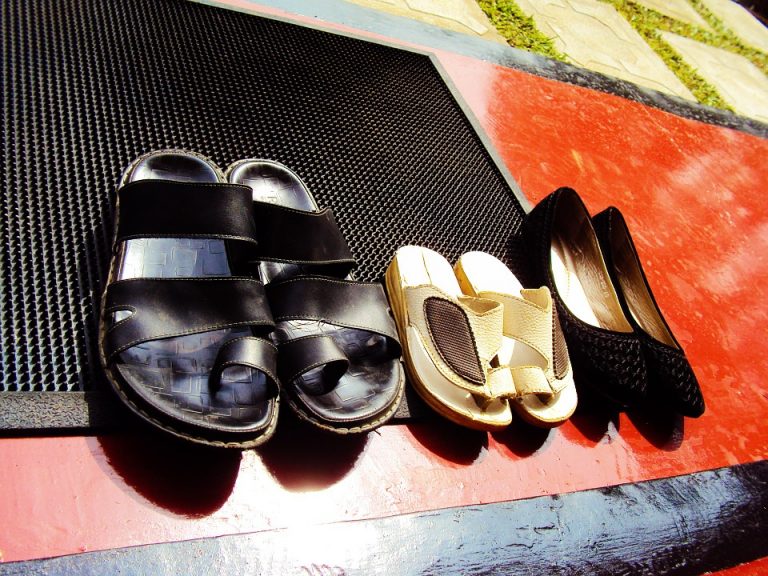
13. Vietnamese people love to buy (invite) you to Tea or Bia Hoi
If you sit down at a tea stall or a local bia hoi (fresh beer seller) and happen to get chatting with some locals, they will usually be curious and interested in chatting. Often, things will get onto complex subjects like Politics and Cultural Differences if language allows.
This is good fun and allows you to really get some insight into the way the locals think and feel. I recommend it.
Then, don’t be surprised if you are unable to pay for your bia or tea, or cigarettes. The Vietnamese love to invite you, as they say, and not let you pay a penny. After arguing gently a few times, you will still likely fail and it is best to think of a way you can pay it forward and help out the next person you see who needs it.
If you are very (un)lucky they may invite you to smoke the Thuoc Lao Pipe. Be careful.
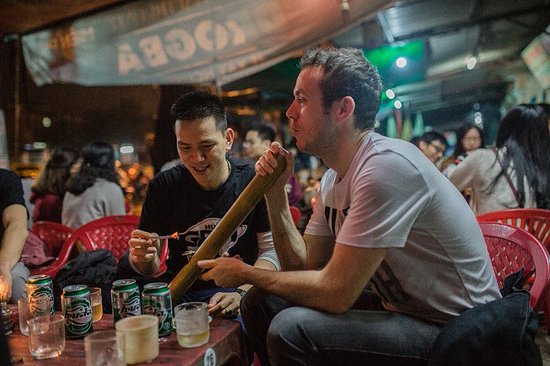
In A Nutshell
Vietnam is a place where things are done differently and not matter how long you stay, you will likely never fully understand the whats and whys. Well, that doesn’t matter because even the most basic knowledge of vietnamese customs (and language for that matter) is greatly appreciated by the local. And, why not? It shows that you are interested and care and who would be upset by that? Yes, you are going to make mistakes but a friendly small and meaningful apology will resolve the matter and probably help you make a new friend.
